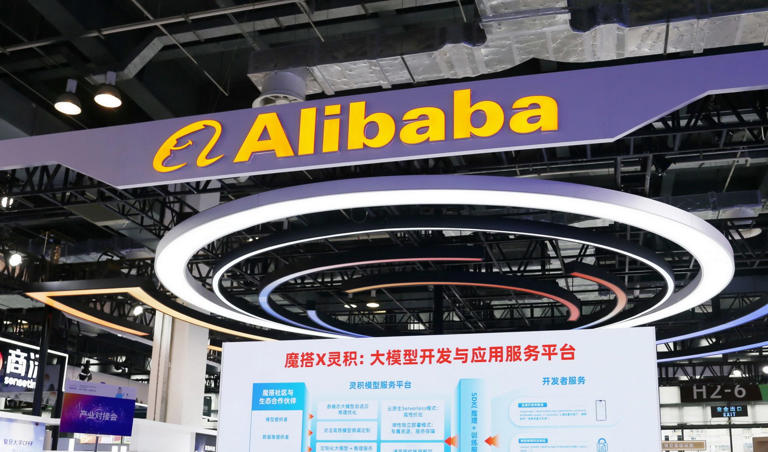China’s semiconductor industry is facing significant challenges in its quest to develop advanced chips capable of powering AI applications, highlighting its dependency on imported technology and the impact of U.S. export controls. While Chinese firms have made strides in producing chips for 5G smartphones, their capability to manufacture high-performance chips essential for AI remains limited.
The U.S. export ban on AI-related chips, such as those from Nvidia, has severely constrained China’s access to crucial components. This restriction has disrupted operations for Chinese tech giants like Alibaba, Baidu, ByteDance, and others, which heavily rely on these chips to run their AI-driven services. For instance, Kuaishou had to restrict access to its AI model due to computing capacity shortages caused by the lack of Nvidia’s A800 chips used for training.
Moonshot AI, valued at $3 billion, also faced challenges, warning users of potential computing shortages during peak times for its chatbot services. This scarcity underscores the broader issue facing Chinese companies, as they struggle to maintain competitiveness in the rapidly evolving AI landscape without adequate access to cutting-edge semiconductor technology.
Efforts by Chinese companies to develop their own AI chips, including initiatives by Huawei, have been hampered by limitations in domestic manufacturing capabilities and the absence of advanced chipmaking tools, which are also restricted by U.S. export controls. The Biden administration’s policies have further tightened controls on semiconductor exports and related technologies, urging allies to enforce similar measures, thereby intensifying the pressure on China’s tech sector.
Despite these challenges, Chinese firms are navigating the situation by depleting existing chip inventories while exploring alternatives and domestic production options. However, achieving self-sufficiency in high-end semiconductor manufacturing remains a formidable task, given the complexities and capital-intensive nature of the industry.
Looking ahead, the outcome of these developments will significantly impact China’s technological competitiveness and its ability to innovate in AI and related fields. The ongoing geopolitical tensions and regulatory frameworks will continue to shape the global semiconductor landscape, influencing market dynamics and strategic decisions for tech companies worldwide.
